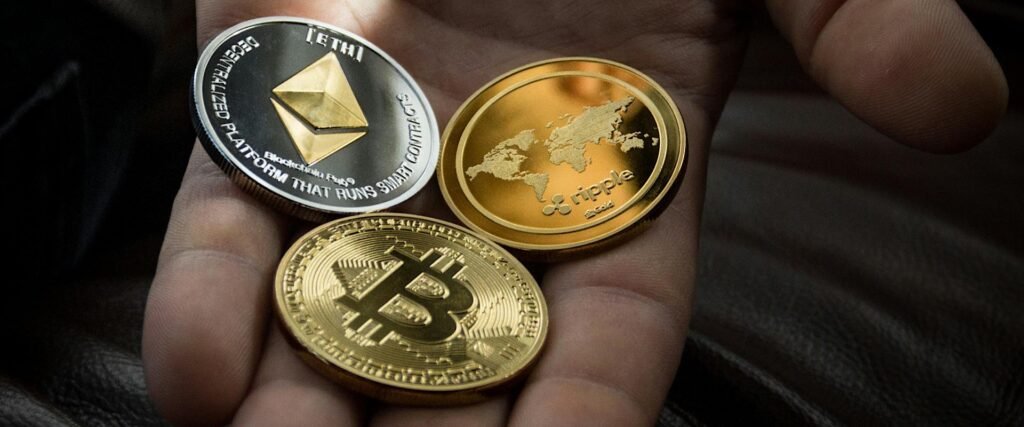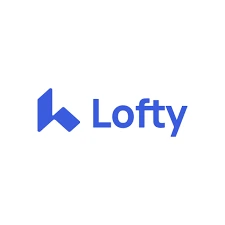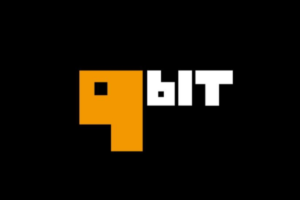What If You Could Own Property for $50? The Hypothetical Future of Tokenized Real Estate
What If Real Estate Was Open to Everyone?
Imagine this: You’re sitting at home, sipping coffee, and with just a few clicks, you invest in a luxury apartment building in Manhattan. No agents, no six-figure capital, no paperwork. Sounds like science fiction? Thanks to tokenized real estate, it might be closer than you think.


What If You Could Own Property for the Price of Dinner?
Traditionally, real estate has been for the wealthy. You needed money, connections, and lots of paperwork. But what if you didn’t? What if real estate worked more like buying stocks on your phone?
That’s the promise of tokenized real estate. In theory, it turns physical properties into digital tokens—pieces of ownership you can buy, trade, and earn from, all through the blockchain.
Let’s say a $2 million apartment complex is divided into 2 million tokens. Each one costs $1. You buy 50. You now own a (tiny but real) slice of that building. It’s like crowdfunding meets crypto—with property as the prize.


What If Tokenized Real Estate Was As Liquid As Stocks?
Here’s the hypothetical flow:
- A property is chosen—residential, commercial, you name it.
- A legal structure (like an LLC) is created to hold the asset.
- Tokens are minted on a blockchain platform (think Ethereum).
- Investors (like you) buy those tokens via an online marketplace.
- Returns come in from rent or eventual resale, and are distributed—automatically—via smart contracts.
In theory, there’s no middleman. Just direct digital ownership. What if all real estate worked this way?


What If Barriers to Entry Tokenized Real Estate Disappeared?
One of the most exciting “what ifs” in this space: What if real estate investing didn’t require thousands of dollars? What if it started at $100… or less?
Tokenized platforms are already lowering the bar. Instead of saving for years for a down payment, you can build a diverse, global real estate portfolio one micro-investment at a time.
Plus, tokenized real estate offers potential liquidity—the chance to sell your tokens whenever you want, assuming there’s demand. That’s a massive leap forward compared to traditional property, which can take months to sell.
But What If Things Go Wrong?
Let’s run a different hypothetical: What if the system fails?
What if regulations change midstream? That token you bought last month could suddenly fall into a legal gray area. Or what if the blockchain platform is compromised? Losing access to your wallet might mean losing your investment.
And while tokenized real estate can be liquid, there’s no guarantee someone’s waiting to buy your tokens. Just because you can sell doesn’t mean you will.
These aren’t dealbreakers—but they’re important “what ifs” to consider before jumping in.
What If You Could Invest in Real Estate Worldwide?
Now imagine this: You’re sitting in Tokyo but investing in Miami. Or you’re based in Berlin with ownership stakes in Toronto, Cape Town, and Dubai. Tokenized real estate makes global property ownership plausible without needing lawyers in every timezone.
That’s the beauty of blockchain—it’s borderless. What if this becomes the new norm?
What If This Becomes the New Investment Standard?
Some platforms are already paving the way: RealT, Lofty, SolidBlock. They let you browse available properties, see historical returns, buy tokens, and earn income—all from your browser.
Is it for everyone? Not necessarily. If you’re risk-averse or tech-shy, the traditional route might feel safer. But if you’re open to innovation and comfortable with calculated risks, it could be worth a closer look.


What If Tokenized Real Estate Is Just the Beginning?
This might be a footnote in financial history—or the start of a revolution. Either way, the questions it raises are worth exploring.
Because what if, a few years from now, owning 0.0002% of a Manhattan high-rise is as normal as buying a share of Apple stock?
It might sound wild. But then again—what if it isn’t?
Relevant Link : Here




